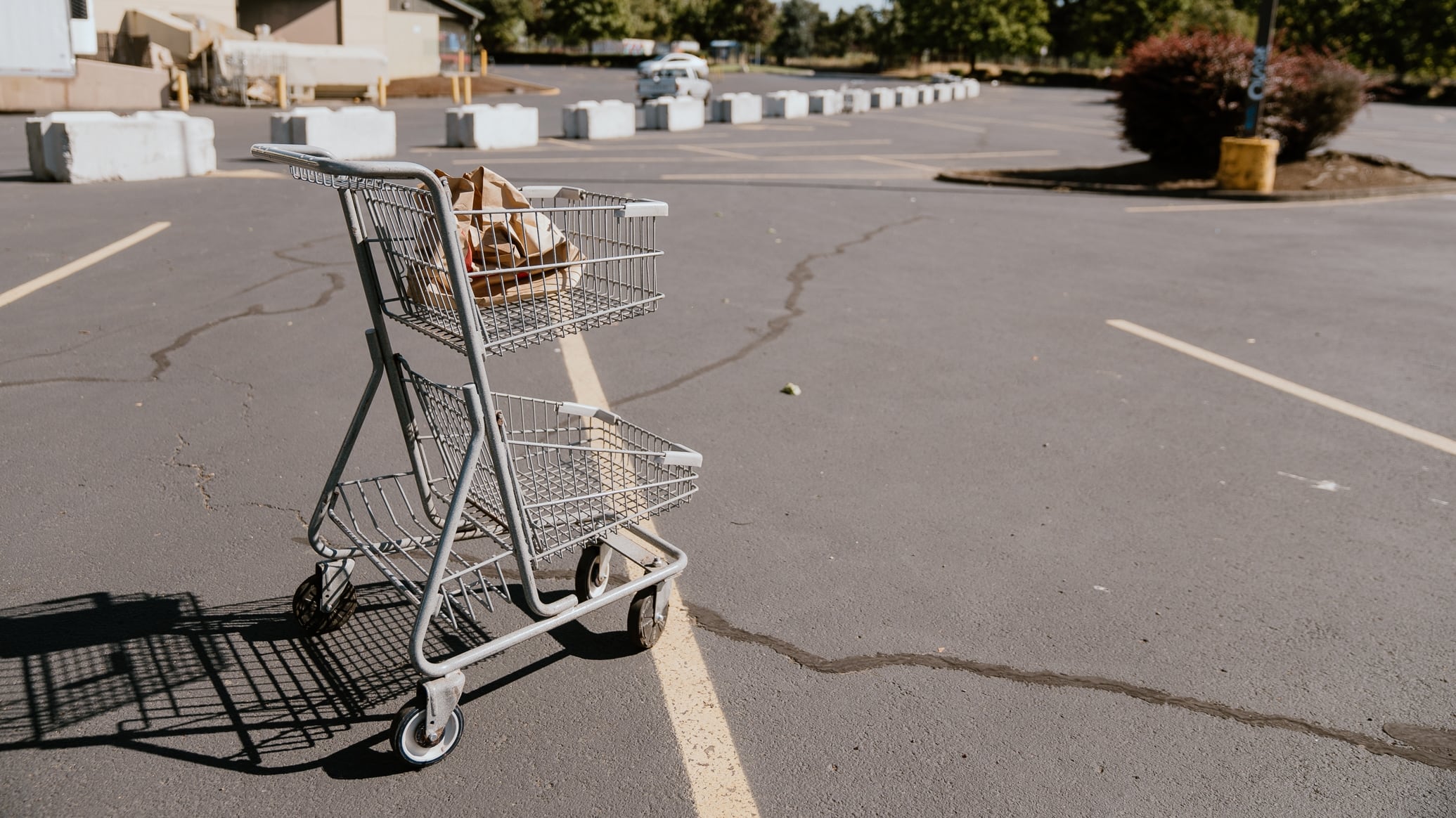This story was produced by the Oregon Journalism Project, a nonprofit newsroom covering the state.
Ben Brewer’s Bend distillery, Forth Distilled Goods, is selling a lot of ready-to-drink cocktails in Idaho grocery stores.
But in Oregon, only the state’s 285 liquor stores are allowed to carry Forth’s products. By law, the state’s 792 grocery stores may not sell them, even though Forth’s products are 5% alcohol by volume, while many of the beers and all of the wines, fortified wines, vermouths and other mixers grocery stores are allowed to sell have a far higher alcohol content (up to 21% by Oregon law).
State law allows grocers to sell spirits made from fermentation, such as beer, wine and cider, but if a product contains alcohol from distilled spirits—even a small amount, such as 5%, roughly equivalent to domestic beers or White Claw beverages—it is the exclusive province of the Oregon Liquor and Cannabis Commission and may only be sold through state liquor stores.
“Our product is closer to a beer or hard seltzer, but we’re treated like it’s a bottle of 151 rum,” Brewer says.
Current law leaves Oregon’s canned cocktail manufacturers, the ones who make their drinks with distilled spirits, anyway, outside of their largest potential distribution channel.
“It is a huge hindrance to only be sold in liquor stores,” Brewer says. “Ours is a convenience product sold in an inconvenient place.” He notes that shoppers visit grocery stores far more often than liquor stores, which tend to be small and often not centrally located.
The Northwest Grocery Retail Association wants legislators to change the law and allow grocers to sell spirit-based canned cocktails. The group recently presented the OLCC, which acts as both regulator and retailer of alcoholic beverages, with a proposition similar to one in a bill that languished in the Legislature earlier this year: let grocers sell spirit-based canned cocktails (limited to 14% alcohol) and tax them at a rate lower than the state’s current markup but far higher than the tax on beer, wine or cider. Under the proposal, state liquor stores would also still sell canned cocktails.
Northwest Retail Grocery Association CEO Amanda Dalton says that by opening up sales in nearly 800 grocery stores, the ready-to-drink industry would see volume increase dramatically, leading to what she says would be a net increase in revenue for the state.
At an OLCC hearing Oct. 16, agency staff walked through the grocers’ proposal with the enthusiasm of a dog-walker leaning over to scoop up a mess.
Distilled spirits director Leisa Bertram rattled off her agency’s objections: the cost of administering a new tax, as well as threats to public health and safety (kids can go into grocery stores without adults and might drink more). “Minor access to liquor makes regulation much harder,” Bertram said. “It puts a burden on our staff and law enforcement.”
The latter point overlooks the fact that minors are already exposed to beer, wine and cider in grocery stores, including bottles with higher alcohol percentages than cocktails in a can. Bertram also made a point that nodded to the long-running tension between the Northwest Retail Grocery Association and its nemesis, the Oregon Beer & Wine Distributors Association.
The two have sparred over ready-to-drink products, or RTD, for years. But the stakes are higher now because alcohol sales are declining nationally—and the OLCC’s revenues declined about 15% last year—while RTD sales in Oregon are increasing nearly 15% annually, albeit from a smaller base of $9.4 million last year.
Bertram even used one of the distributors’ arguments in her presentation: “RTDs could crowd out Oregon beer and wine and ciders, which wouldn’t have enough shelf space,” she said. That point is a little outside her lane: The OLCC holds a monopoly on hard liquor, but it isn’t involved in the distribution of beer and wine. That’s the province of the distributors association.
Danelle Romain, executive director of that association, says the grocers’ proposal is “fundamentally flawed.” She says their growth assumptions are overly rosy and just part of a cash grab by a group that has long wanted to be allowed to sell liquor. She says any such policy shift would benefit massive grocers at the expense of small local businesses.
“This proposal is also a direct threat to Oregon’s local beer, wine and cider producers, who would be crowded out of the limited shelf space available for their products,” Romain adds. “That is what happened in Washington, where currently 97% of RTDs sold are manufactured by national brands, severely damaging local producers.”
But Dave Schleef, the president of 503 Distilling in Portland, says his company just wants to see its canned cocktails for sale where Oregonians shop every day.
“The upside is, it would help small businesses like ours,” Schleef says. “That means more income taxes from our employees, and more sales means more revenue for the state. The cost of not doing it—that falls on the consumer.”
Lawmakers are expected to consider the issue in next year’s short session, which begins Feb. 2.

